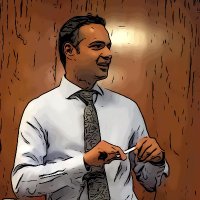
Tarun Khaitan (@tarunkhaitan.bsky.social)
@tarunkhaitan
Professor (Chair) of Public Law @LSELaw
Formerly @OxfordLawFac
Unofficial handle; trolls won't be fed.
Publications: tinyurl.com/tk-pub
ID: 581705299
https://www.lse.ac.uk/law/people/academic-staff/tarun-khaitan 16-05-2012 10:02:13
206 Tweet
14,14K Takipçi
3,3K Takip Edilen

This book, edited by Ginsberg, Huq and Tarun Khaitan, includes contributions by legal scholars to the discussion about the relationship between constitutional law and democracy. Open access: cambridge.org/core/services/…



Any assessment of academics, universities, journals etc must be done by their academic peers, not by state officials. With all due caveats that any journal ranking entails, very pleased to see the Indian Law Review setting a high benchmark of quality for Indian legal scholarship.



New report documents how #Assam’s citizenship trials overseen by Foreigners’ Tribunals routinely violate due process, leaving thousands stateless. By Mohsin Alam Bhat, Arushi Gupta & Shardul Gopujkar of @NLSIUOfficial & Queen Mary University of London article-14.com/post/unmaking-…


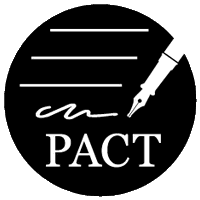
Monday 4th August, SOAS Gallery 5pm (In person only). This event is FREE to attend but please register by e-mailing [email protected] 📨
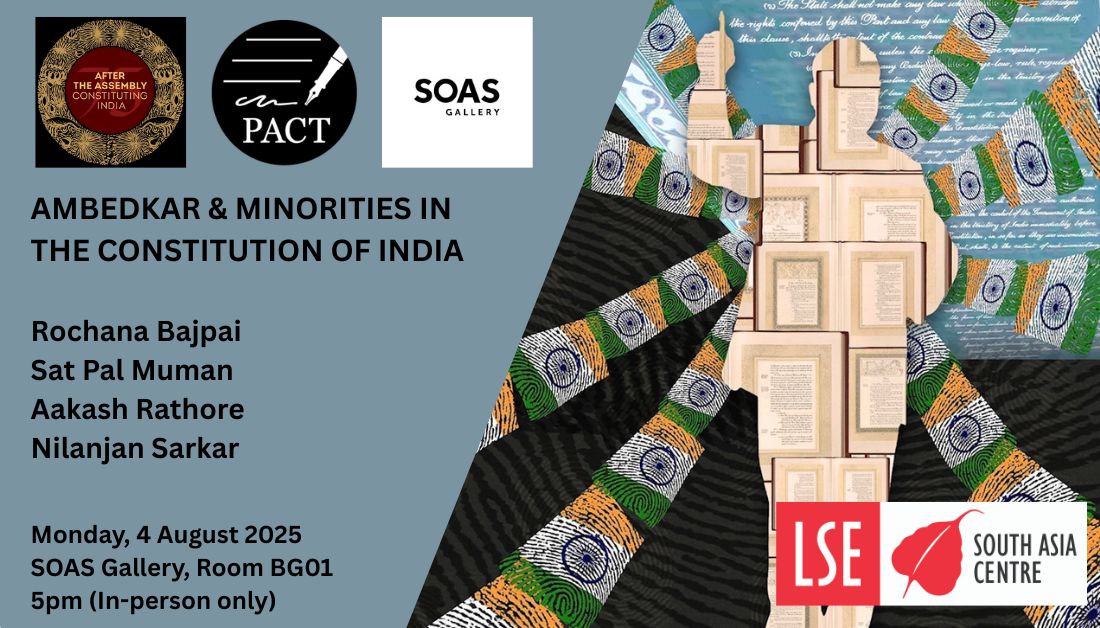



In Indian Law Review, I argue that the current crisis of institutional autonomy perpetuated by the UGC in Indian universities should be understood through the political elite’s instrumentalist idea of a university entrenched in the legal framework at the nation-state’s founding.



An Excerpt from "हम भारत के लोग", co-authored with Surbhi Karwa . "हम भारत के लोग" का एक अंश, सुरभि करवा के साथ सह-लिखित। vaniprakashan.com/blogs/post/%E0…
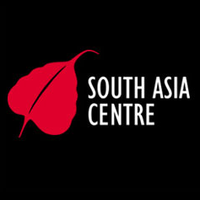
#Constitutions are founding texts, forged through debate & discussion, outlining best practices for a nation. Tarun Khaitan LSE Law School discusses #India's Constitution, & arguments for change. blogs.lse.ac.uk/southasia/2025… LSE Government LSE Human Rights pactproject




What an excellent piece! Decolonization is often premised on a Manichean view of the “colonizer” and the “colonized”. Tarun Khaitan reveals a key intellectual flaw in decolonial thought from within, reminding us to think more deeply about improving conditions in the postcolony.
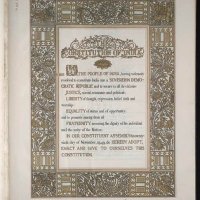

While I believe that the sentient hate crime is best not engaged with, Prof Tarun Khaitan takes him down with forensic precision.



